
Weno: The Heartbeat of Chuuk Lagoon
Weno, the bustling capital of Chuuk State in Micronesia, is a hidden gem in the vast Pacific Ocean. Nestled amid the turquoise waters of Chuuk Lagoon, Weno offers an unspoiled paradise for adventurers and tranquility seekers alike. The island is renowned for its incredible underwater treasures, making it a prime destination for diving enthusiasts. Beneath the surface, you'll discover sunken World War II ships, vibrant coral reefs, and a kaleidoscope of marine life. Beyond the aquatic wonders, Weno boasts a rich cultural tapestry. Local traditions and customs are still very much alive, providing visitors with a unique insight into Micronesian heritage. The island's friendly residents, known for their warm hospitality, are always eager to share stories and local lore. Wander through the island's markets to find handcrafted goods, taste fresh seafood, and soak in the vibrant local atmosphere. Whether you're exploring historic sites like the Japanese Lighthouse or simply relaxing on one of Weno's pristine beaches, this island offers a serene escape from the hustle and bustle of everyday life. With its breathtaking landscapes and welcoming community, Weno is a destination that captures the heart and soul of every traveler.
Local tips in Weno
- Bring your own snorkeling or diving gear if possible, as rental options may be limited.
- Respect local customs and dress modestly, especially when visiting villages.
- Cash is king; ensure you carry enough as ATMs are scarce.
- Try the local dish, 'taro', a staple food you won't want to miss.
- Plan your visit during the dry season (November to April) for the best weather.
Weno: The Heartbeat of Chuuk Lagoon
Weno, the bustling capital of Chuuk State in Micronesia, is a hidden gem in the vast Pacific Ocean. Nestled amid the turquoise waters of Chuuk Lagoon, Weno offers an unspoiled paradise for adventurers and tranquility seekers alike. The island is renowned for its incredible underwater treasures, making it a prime destination for diving enthusiasts. Beneath the surface, you'll discover sunken World War II ships, vibrant coral reefs, and a kaleidoscope of marine life. Beyond the aquatic wonders, Weno boasts a rich cultural tapestry. Local traditions and customs are still very much alive, providing visitors with a unique insight into Micronesian heritage. The island's friendly residents, known for their warm hospitality, are always eager to share stories and local lore. Wander through the island's markets to find handcrafted goods, taste fresh seafood, and soak in the vibrant local atmosphere. Whether you're exploring historic sites like the Japanese Lighthouse or simply relaxing on one of Weno's pristine beaches, this island offers a serene escape from the hustle and bustle of everyday life. With its breathtaking landscapes and welcoming community, Weno is a destination that captures the heart and soul of every traveler.
When is the best time to go to Weno?
Iconic landmarks you can’t miss
Truk Blue Lagoon Resort
Experience the ultimate tropical getaway at Truk Blue Lagoon Resort, where adventure meets relaxation in stunning Chuuk.

Truk Stop Hotel & Restaurant
Experience the vibrant flavors of Chuuk at Truk Stop Hotel & Restaurant, where local cuisine meets warm hospitality in a picturesque setting.
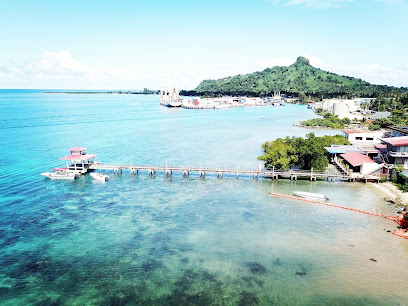
Japanese WWII Lighthouse
Experience the captivating history and stunning vistas at the Japanese WWII Lighthouse in Weno, Chuuk, a must-visit for every traveler.
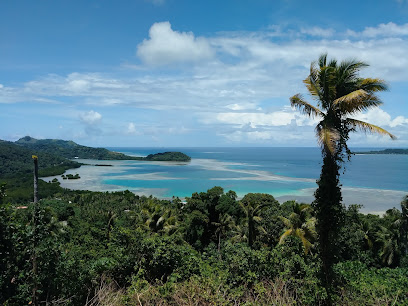
Chuuk High School
Explore Chuuk High School, a cultural hub in Weno, reflecting the educational spirit of the Chuukese people and the vibrancy of island life.
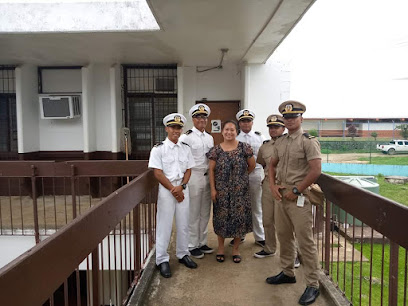
Japanese Gun
Explore the historical significance of the Japanese Gun in Weno, Chuuk, a fascinating World War II relic surrounded by stunning tropical beauty.
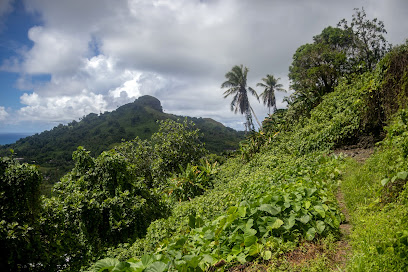
Wiichen Men's Meetinghouse
Explore the Wiichen Men's Meetinghouse, a historical landmark in Weno, Chuuk, showcasing the rich cultural heritage of the Federated States of Micronesia.

Peniesene Waterfalls
Experience the serene beauty of Peniesene Waterfalls in Chuuk, where nature's tranquility meets breathtaking scenery.
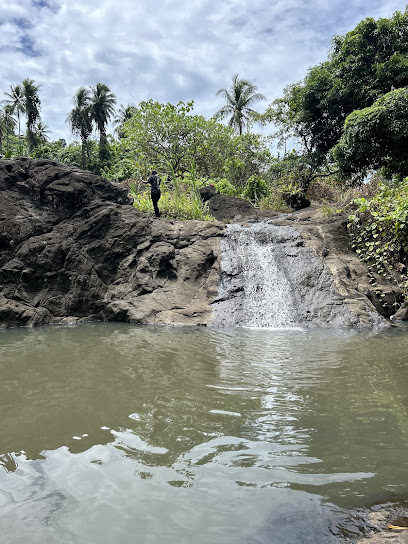
The Church of Jesus Christ of Latter-day Saints
Discover spiritual tranquility and cultural richness at The Church of Jesus Christ of Latter-day Saints in Weno, Chuuk's breathtaking landscapes.

Unmissable attractions to see
Japanese Gun
Discover the historical significance and natural beauty of the Japanese Gun in Weno, a remarkable World War II relic nestled in the tropical paradise of Chuuk.
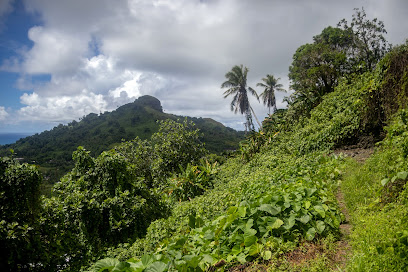
South Park (Meseniang)
Discover the tranquil beauty of South Park (Meseniang) in Chuuk, where nature meets culture in a serene island escape.

Peniesene Waterfalls
Experience the stunning beauty of Peniesene Waterfalls in Chuuk, a breathtaking tropical retreat perfect for nature lovers and adventure seekers.
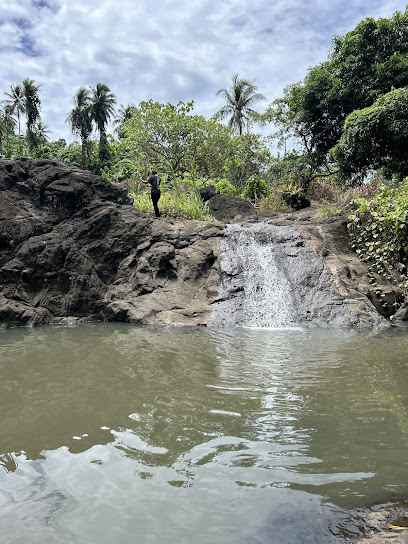
Heian Maru
Explore the Heian Maru in Chuuk Lagoon: a historic WWII shipwreck and vibrant underwater paradise for divers and history enthusiasts.
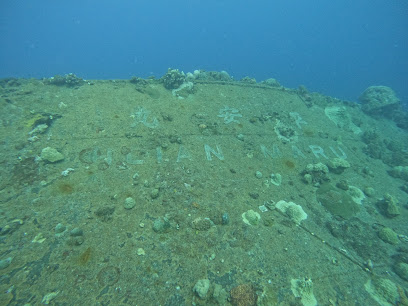
Esekupach
Explore the serene beauty of Esekupach in Chuuk, a perfect escape for nature lovers and cultural enthusiasts seeking tranquility and adventure.
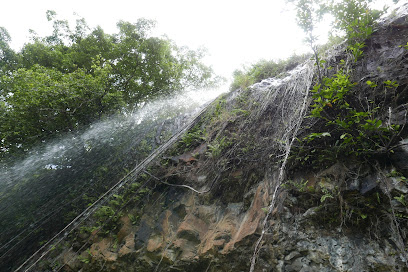
Əbülfəzin Hörməti
Discover the beauty and culture of Ēbūlfēzin Hōrmētī, a captivating tourist attraction in Weno, Chuuk, where nature meets tradition.

Essential places to dine
Truk Stop Hotel & Restaurant
Experience authentic Micronesian flavors at Truk Stop Hotel & Restaurant in Weno, where every meal is a celebration of local culture.
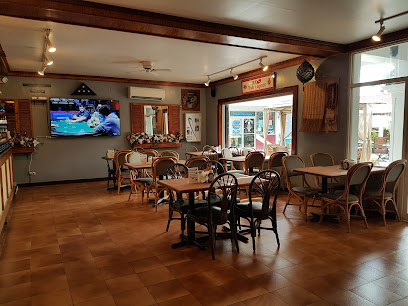
LeiSide Restaurant
Experience authentic Micronesian cuisine at LeiSide Restaurant in Weno, Chuuk - where every meal tells a story.
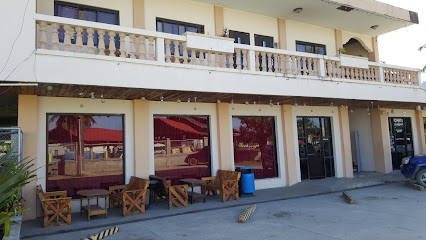
Oriental Restaurant
Discover authentic Asian cuisine at Oriental Restaurant in Weno - a culinary journey through flavors and traditions.
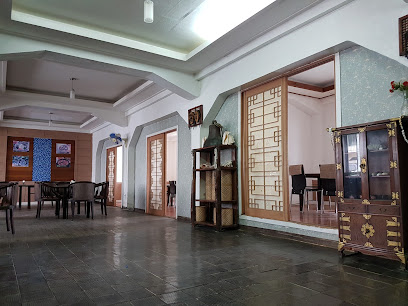
J-Square
Discover J-Square in Weno: A fast food delight offering local flavors and quick bites amidst your island adventures.
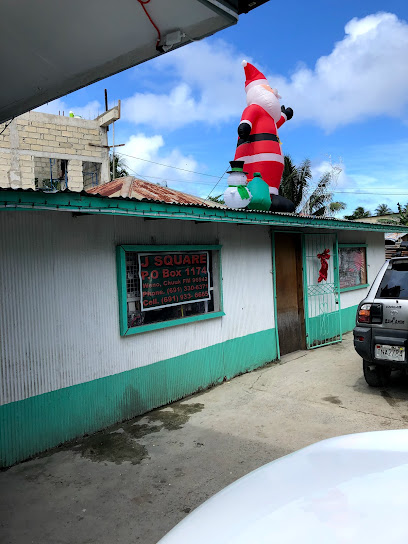
Blue Lagoon Restaurant
Experience authentic Chuukese cuisine at Blue Lagoon Restaurant - where every meal offers stunning views and local flavors.
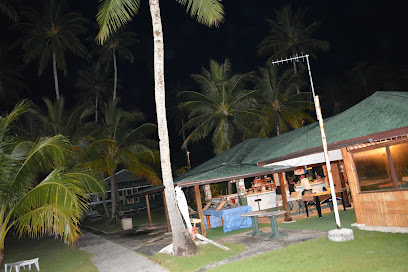
BS Café
Discover authentic Chuukese flavors at BS Café - where every meal tells a story.
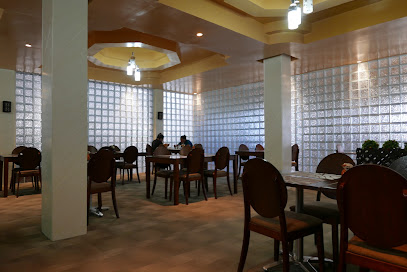
Jeff’s Kitchen
Experience the rich flavors of Chuuk at Jeff's Kitchen - a top-rated restaurant offering delightful local and international cuisine.
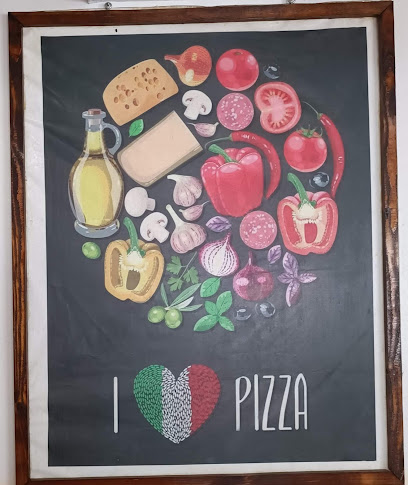
Momma’s MidLand Diner
Discover authentic Chuukese flavors at Momma’s MidLand Diner in Weno—where every meal tells a story.
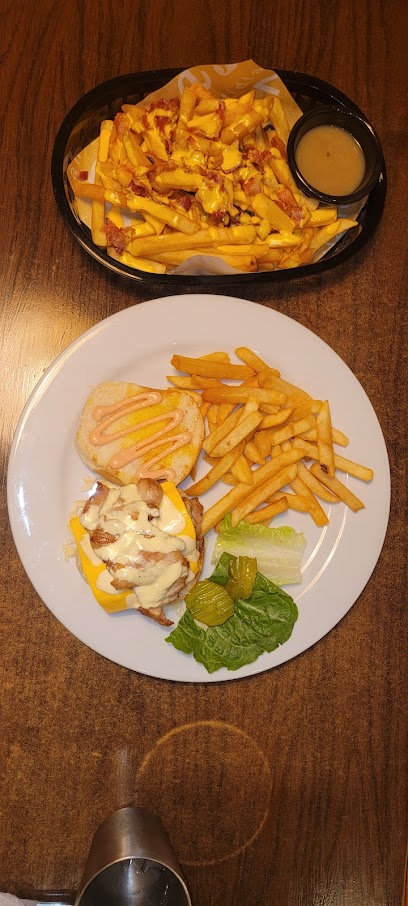
Sunrise Resto
Discover authentic Chuukese cuisine at Sunrise Resto in Weno—where every meal tells a story of tradition and flavor.
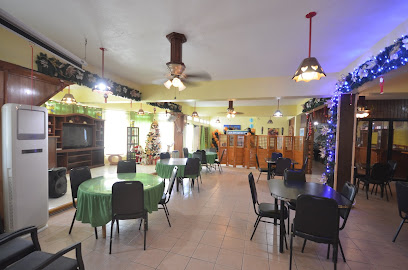
Sasuketo Market
Discover delicious fast food and vibrant local culture at Sasuketo Market in Weno, Chuuk – a must-visit for every traveler.
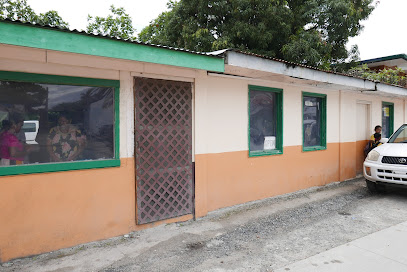
Mangroove Bar
Discover tranquility at Mangroove Bar in Weno, Chuuk—where tropical vibes meet refreshing drinks in an idyllic setting.
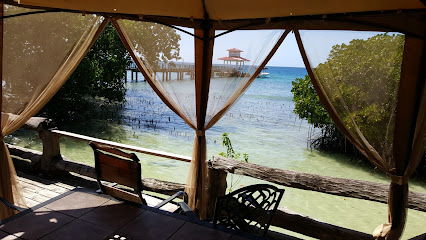
Choice Fast Food & Snack Bar
Discover quick bites and local flavors at Choice Fast Food & Snack Bar in Weno, Chuuk - perfect for travelers seeking delicious meals.
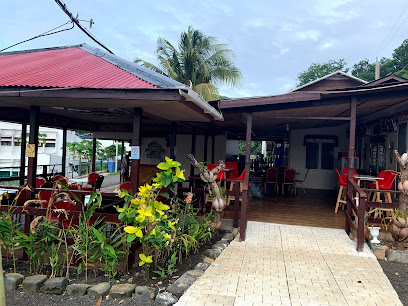
Zion's Food Haus
Experience authentic Chuukese cuisine at Zion's Food Haus, where every dish tells a story of culture and tradition.
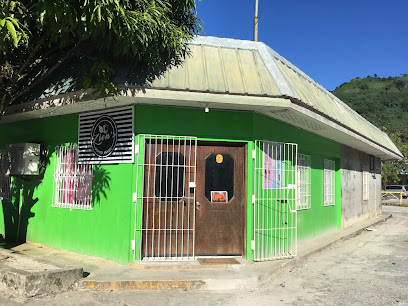
Deep Down Restaurant
Experience authentic local flavors at Deep Down Restaurant in Neiwe, Chuuk - where every dish tells a story.

Sucular Doner Kebap
Savor authentic doner kebabs at Sucular Doner Kebap - A culinary gem in Weno, Chuuk offering rich flavors and local hospitality.
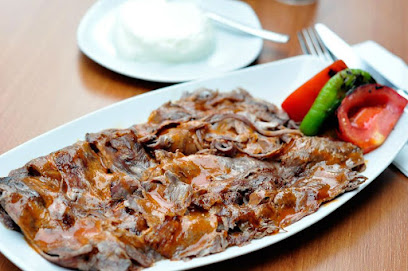
Markets, malls and hidden boutiques
AWM
Explore the vibrant flavors of Weno at AWM, the ultimate grocery destination for tourists and locals alike, offering fresh produce and local specialties.
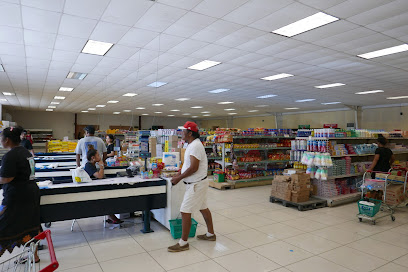
Roosevelt's Bakery
Experience the delicious flavors of Chuuk at Roosevelt's Bakery, where fresh baked goods and local treats await every visitor.
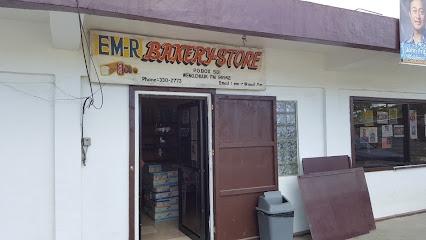
Island Mart
Explore Island Mart in Weno, Chuuk - a vibrant shopping mall offering local goods, cultural experiences, and community vibes.
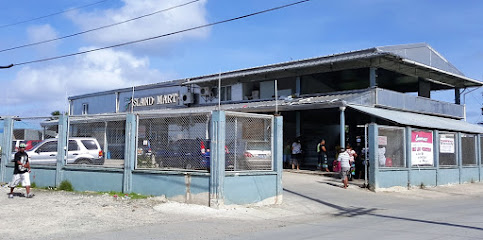
Ace Hardware Store
Explore Ace Hardware Store in Weno, Chuuk for all your home improvement needs, offering quality tools and expert advice for travelers and locals alike.
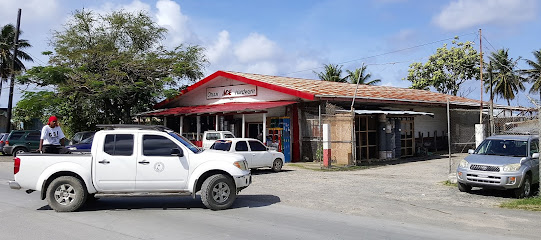
M & S Store
Explore the vibrant M & S Store in Neiwe, Chuuk, for unique local products and a taste of the island's culture.

iSolutions Micronesia
Discover iSolutions Micronesia in Weno, Chuuk - your one-stop destination for computer repairs, custom printing, and tech support.
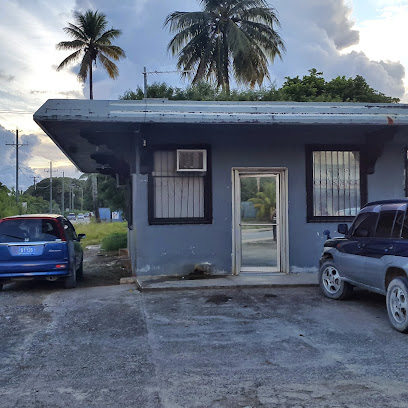
Shigeto's Store
Experience the heart of Chuuk at Shigeto's Store, where local culture and unique crafts come together in a vibrant shopping experience.
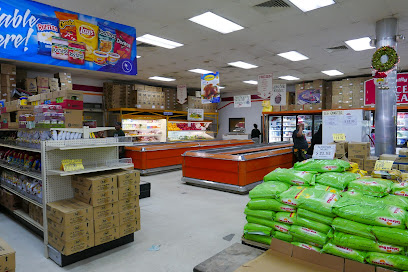
His & Hers School & Office Supplies
Explore a delightful selection of office and school supplies at His & Hers School & Office Supplies in Weno, Chuuk, where quality meets local charm.
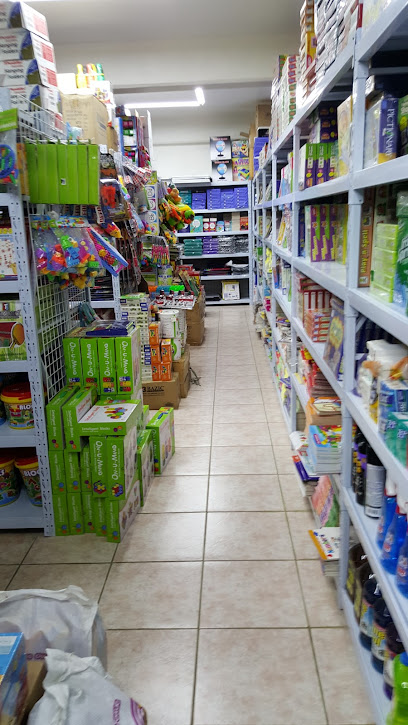
TIP Minimart
Explore local flavors and essential supplies at TIP Minimart in Weno, Chuuk, a perfect blend of convenience and culture.

Leiside Furniture Store
Explore Leiside Furniture Store in Weno, Chuuk for unique handcrafted furniture and décor that reflects the island's rich cultural heritage.
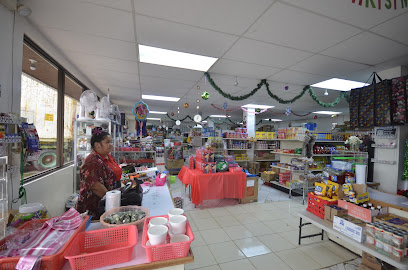
Kurassa Bakery
Discover the authentic tastes of Chuuk at Kurassa Bakery, where fresh pastries and local flavors create an unforgettable culinary experience.

A&A Store
Discover the charm of Chuuk at A&A Store, where local crafts and delicacies meet warm hospitality in نامونئاس جنوبی.

Lekis Store
Experience the heart of Chuuk at Lekis Store, where local culture and unique treasures await every traveler.

Deal Fair Store
Explore the Deal Fair Store in Weno, Chuuk, for a unique shopping experience filled with local culture and treasures.
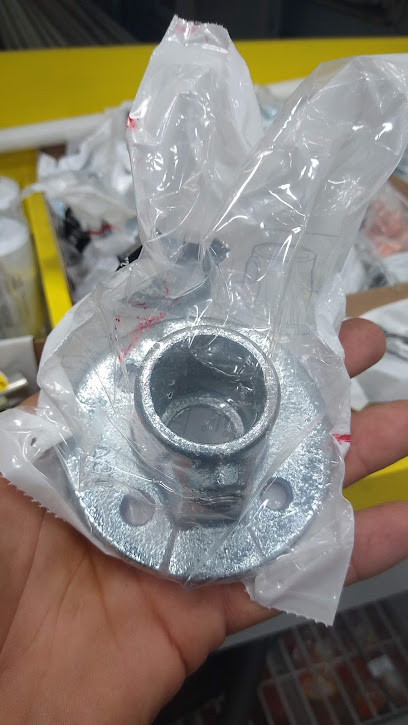
Carmen Safeway Store
Explore the vibrant Carmen Safeway Store in Weno, Chuuk - your one-stop destination for local goods and a taste of island culture!

Essential bars & hidden hideouts
Truk Stop Hotel & Restaurant
Discover the flavors of Chuuk at Truk Stop Hotel & Restaurant, where fresh seafood meets local culture in a stunning seaside setting.
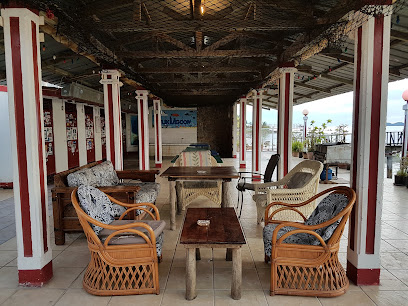
Blue Lagoon Restaurant
Discover authentic Chuukese cuisine and breathtaking views at Blue Lagoon Restaurant, a culinary paradise in Neiwe, Chuuk.
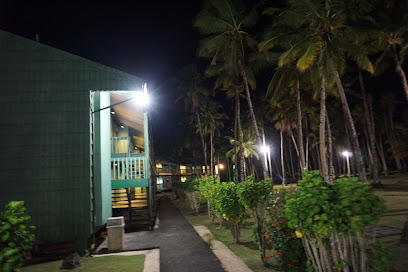
BS Café
Experience the culinary delights of BS Café in Weno, Chuuk – where local flavors meet global inspiration in a vibrant and welcoming atmosphere.
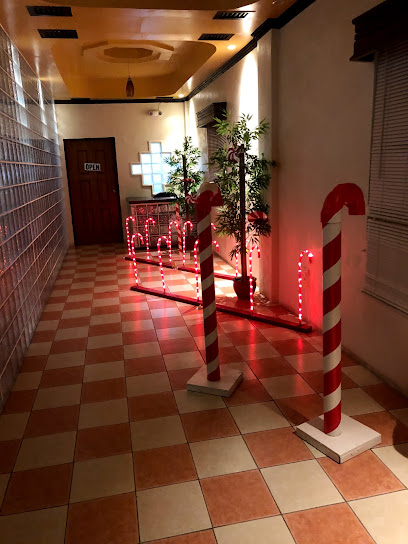
Mangroove Bar
Discover the lively atmosphere, stunning views, and local culture at Mangroove Bar in Weno, Chuuk—a must-visit for every traveler.
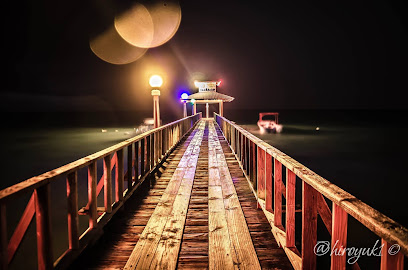
Choice Fast Food & Snack Bar
Experience the vibrant flavors of Chuuk at Choice Fast Food & Snack Bar, the perfect stop for quick and delicious meals.
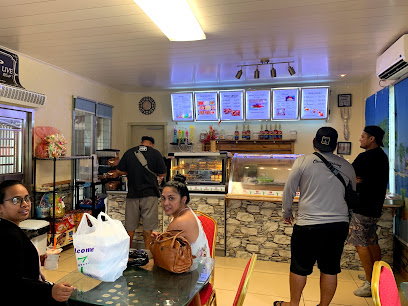
Simple Man’s Bar
Discover the laid-back charm of Simple Man's Bar in Weno, Chuuk, where refreshing drinks and tropical scenery create the perfect getaway.

Local Phrases
-
- HelloKaselehlia
[ka-se-leh-lee-ah] - GoodbyeKalahngan
[ka-lang-gan] - YesOuw
[ow] - NoWahng
[wahng] - Please/You're welcomeKommol tata
[kom-mol ta-ta] - Thank youKinisou
[ki-nee-sow] - Excuse me/SorryKoselesele
[ko-se-le-se-le] - How are you?Kaselehlia?
[ka-se-leh-lee-ah] - Fine. And you?Urih. Iei soh?
[oo-reeh. ee-eh soh] - Do you speak English?Kumwaila ak kapasawehdi English?
[kum-wai-la ak ka-pa-sa-weh-dee English] - I don't understandOuhadapw diew
[ow-ha-dap diew]
- HelloKaselehlia
-
- I'd like to see the menu, pleaseKollek menu anit, kommol tata
[kol-lek me-noo ah-neet, kom-mol ta-ta] - I don't eat meatOuwada aramas
[ow-wa-da a-ra-mas] - Cheers!Kalahngan!
[ka-lang-gan] - I would like to pay, pleaseKollek kada, kommol tata
[kol-lek ka-da, kom-mol ta-ta]
- I'd like to see the menu, pleaseKollek menu anit, kommol tata
-
- Help!Kapwurehn mepwurehn
[kap-wu-ren me-pwu-ren] - Go away!Katumwahla
[ka-tum-wah-la] - Call the Police!Kumwaila ak kanepw
[kum-wai-la ak ka-nepw] - Call a doctor!Kumwaila ak kamei
[kum-wai-la ak ka-may] - I'm lostOuhadapw mwohn
[ow-ha-dap mo-won] - I'm illOuhadapw kalahngan
[ow-ha-dap ka-lang-gan]
- Help!Kapwurehn mepwurehn
-
- I'd like to buy...Kollek kada...
[kol-lek ka-da] - I'm just lookingKollek sohki
[kol-lek soh-kee] - How much is it?Kumwaila na?
[kum-wai-la na] - That's too expensiveOhlapalap soang
[oh-la-pa-la-p soh-ang] - Can you lower the price?Kumwaila ak esap imi soang?
[kum-wai-la ak e-sap ee-mee soh-ang]
- I'd like to buy...Kollek kada...
-
- What time is it?Kumwaila saalahng?
[kum-wai-la sah-lang] - It's one o'clockSaalahng sohped
[sah-lang soh-ped] - Half past (10)Saalahng sifeni (10)
[sah-lang si-fe-nee (10)] - MorningRora
[roh-rah] - AfternoonRehrehng
[reh-reh-ng] - EveningRahmwahr
[rahm-wahr] - YesterdayAhmwahr
[ahm-wahr] - TodayEri
[eh-ree] - TomorrowSoun
[sown] - 1Sohped
[soh-ped] - 2Sohng
[soh-ng] - 3Sohki
[soh-kee] - 4Sohpahr
[soh-pahr] - 5Sohraw
[soh-rahw] - 6Sohnimw
[soh-nim-w] - 7Sohlou
[soh-low] - 8Sohwewehn
[soh-we-wehn] - 9Sohsou
[soh-sow] - 10Sifen
[si-fen]
- What time is it?Kumwaila saalahng?
-
- Where's a/the...?Kumwaila dih...?
[kum-wai-la dee] - What's the address?Kumwaila diraang?
[kum-wai-la dee-raang] - Can you show me (on the map)?Kumwaila ak silohng (ei map)?
[kum-wai-la ak si-lohng (ay map)] - When's the next (bus)?Kumwaila iei sohng (bus)?
[kum-wai-la ee-eh soh-ng] - A ticket (to ....)Kollek mahsoun (ei ....)
[kol-lek mah-sown (ay)]
- Where's a/the...?Kumwaila dih...?
History of Weno
-
The island of Weno, part of the Chuuk State in the Federated States of Micronesia, has been inhabited for thousands of years. Archaeological evidence suggests that the first settlers arrived around 2,000 years ago. These early inhabitants were part of the broader Austronesian migration, which spread across the Pacific. They developed a complex society with advanced navigation skills, contributing to the rich cultural tapestry of Weno.
-
In the 16th century, Spanish explorers arrived in Micronesia, claiming the islands for the Spanish Crown. The influence of Spanish colonization brought changes to the traditional way of life on Weno. The introduction of Christianity, new agricultural practices, and trade with the outside world began to reshape the cultural landscape of the island.
-
Following the Spanish-American War, Spain sold Micronesia to Germany in 1899. The German administration implemented new economic policies, focusing on copra (dried coconut) production and trade. The German period also saw the establishment of infrastructure, including schools and clinics, which laid the groundwork for future development on Weno.
-
After World War I, Japan took control of Micronesia under a League of Nations mandate. The Japanese occupation from 1914 to 1945 brought significant changes to Weno, including the introduction of Japanese language and culture. During World War II, Weno and the surrounding Chuuk Lagoon served as a major Japanese naval base. The island still bears the remnants of this period, with sunken ships and military artifacts scattered across the lagoon.
-
In February 1944, Operation Hailstone, a major World War II battle, took place in the Chuuk Lagoon. Allied forces launched a massive air and naval attack on the Japanese fleet anchored in the lagoon. The operation resulted in the sinking of numerous ships and aircraft, turning the lagoon into one of the largest ship graveyards in the world. This event significantly impacted Weno, leading to the end of Japanese control and the eventual transition to American administration.
-
After World War II, Weno became part of the Trust Territory of the Pacific Islands, administered by the United States under a United Nations mandate. This period saw further development in infrastructure, education, and healthcare. American influence brought modernization and economic aid, which played a crucial role in shaping the island's contemporary society.
-
In 1979, Weno became part of the newly formed Federated States of Micronesia (FSM) as Chuuk State. The FSM gained independence in 1986 through a Compact of Free Association with the United States. This compact provided financial aid and defense support, enabling Weno to develop its local government and economy. Today, Weno serves as the administrative and economic hub of Chuuk State, reflecting its rich history and cultural diversity.
Weno Essentials
-
Weno, located in the Chuuk State of Micronesia, is accessible primarily by air. The main entry point is Chuuk International Airport (TKK), which has regular flights from Guam, Pohnpei, and other islands in Micronesia via United Airlines. From the airport, taxis and pre-arranged hotel transfers are available to reach your accommodation in Weno.
-
Weno is a small island, and many of its attractions are within a short distance. Taxis are the most common form of transportation and can be hired for short trips or for the entire day. Some hotels offer shuttle services, and car rentals are available for those who prefer to explore at their own pace. Public buses are limited, so planning ahead is recommended.
-
The official currency in Weno is the United States Dollar (USD). Credit cards are accepted in some hotels and larger establishments, but cash is preferred, especially in smaller shops and local markets. ATMs are available in Weno, but it is advisable to carry sufficient cash for your needs, as card acceptance can be inconsistent.
-
Weno is generally a safe destination for tourists. However, like any travel destination, it is important to take standard precautions. Avoid walking alone at night in unfamiliar areas and keep an eye on your belongings in crowded places. There are no specific high-crime areas targeting tourists, but it is always best to stay vigilant.
-
In case of emergency, dial 911 for immediate assistance. There is a local police station and medical facilities available in Weno. It is recommended to have travel insurance that covers medical emergencies. For minor health issues, there are pharmacies in the town where you can purchase over-the-counter medications.
-
Fashion: Do dress modestly, especially when visiting religious or cultural sites. Avoid wearing revealing clothing. Religion: Do respect local customs and traditions. Always ask for permission before taking photos of people or places. Public Transport: Do be respectful to drivers and other passengers. Don't eat or drink on public transport. Greetings: Do greet people with a smile and a friendly wave. Handshakes are also common. Eating & Drinking: Do try local delicacies and accept food offerings graciously. Don't refuse hospitality, as it is considered impolite.
-
To experience Weno like a local, visit the local markets where you can buy fresh produce and traditional Micronesian goods. Engage with locals, as they are often friendly and willing to share stories about the island's history and culture. Don't miss visiting the Chuuk Lagoon, known for its exceptional WWII shipwreck diving sites. For a unique experience, take a boat tour to explore the surrounding islands and their pristine beaches.
Nearby Cities to Weno
-
Things To Do in Chuuk
-
Things To Do in Kolonia
-
Things To Do in Pohnpei
-
Things To Do in Nan Madol
-
Things To Do in Mangilao
-
Things To Do in Yigo
-
Things To Do in Dededo
-
Things To Do in Santa Rita
-
Things To Do in Sinajana
-
Things To Do in Tamuning
-
Things To Do in Tumon
-
Things To Do in Agat
-
Things To Do in Hagåtña
-
Things To Do in Agana Heights
-
Things To Do in Koblerville







